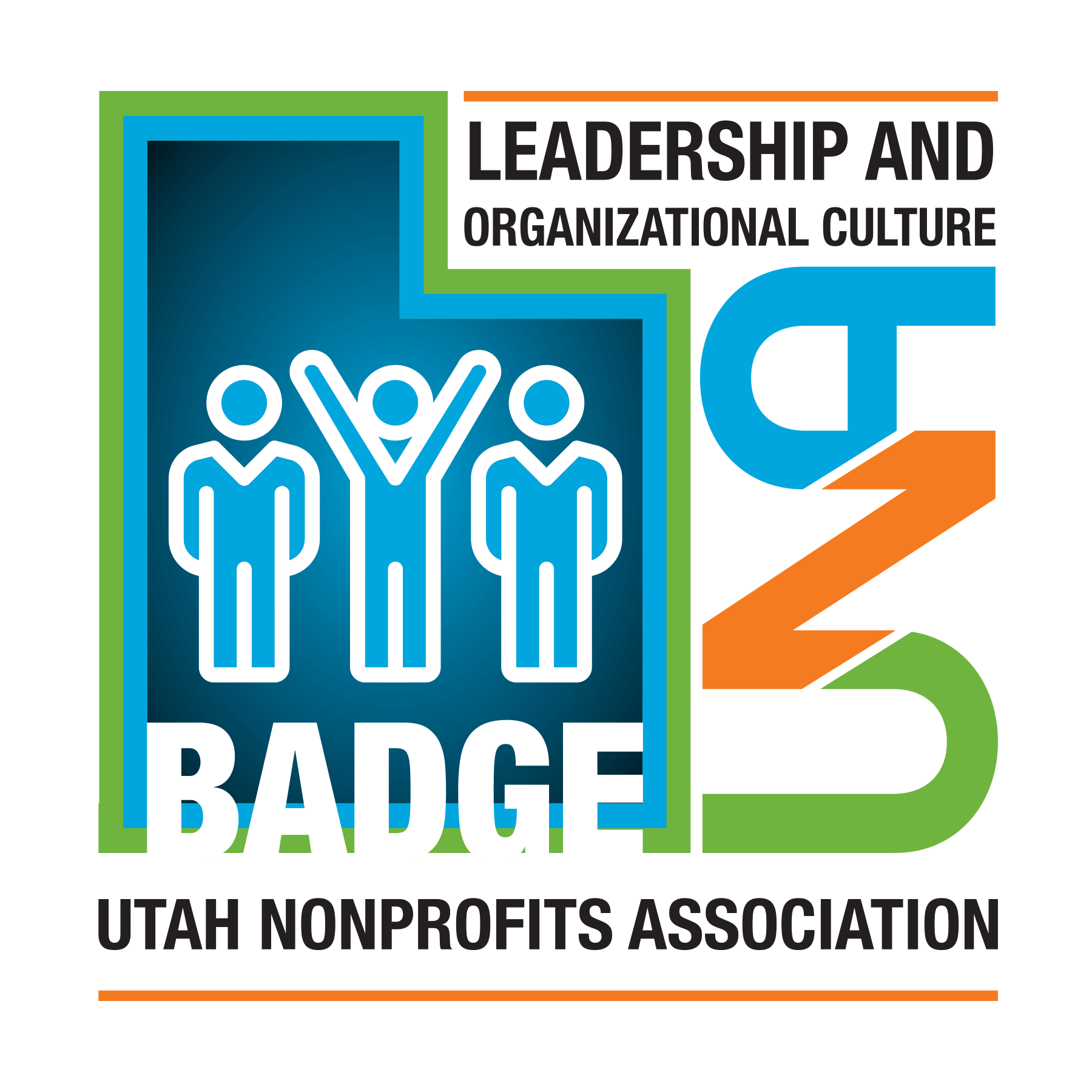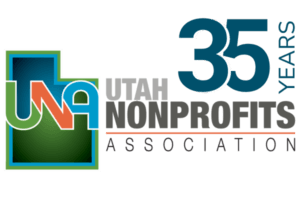
Lead Boldly, Align Intentionally
You know your leadership isn't for the faint of heart—you’re juggling your team, board, and mission while navigating the daily pressures of leadership. When everyone’s not on the same page, it can feel like you’re pushing a boulder uphill. Sound familiar?
The Nonprofit Credential in Leadership and Organizational Culture is here to help you turn those struggles into strategies. With tools for self-awareness, alignment, and authentic connection, you’ll learn how to build a culture where teamwork thrives, growth flourishes, and your mission shines.
What you'll learn:
- Discover leadership strategies that fit you like a glove.
- Build a workplace where everyone feels valued, supported, and motivated.
- Strengthen relationships that drive collaboration and progress.
- Align your operations with your core values and vision.
- Reflect your priorities in every document.
Plus, you’ll have an opportunity to network and build connections with other nonprofit leaders.
Upon completion, your organization will earn the Nonprofit Credential Leadership and Organizational Culture Badge—a mark of excellence to share with your network and show the world you’re serious about making an impact.
Leadership and Organizational Culture will be held on November 4 and 5, 2025.*
Each of the nine Nonprofit Credential courses is offered online, once in a calendar year. Please check the UNA Event Calendar for all upcoming courses.
While it's more beneficial to attend the live courses, we record the sessions so you can watch them on your schedule.
Cost:
UNA Member Rate: $180 for the first person/$40 for each additional participant
Not-Yet-Member Rate: $360 for the first person/$80 for each additional participant
*Dates are subject to change up to 30 days prior to the first session.
Leadership and Organizational Culture Badge Requirements
Please note: This course is aimed at current Executive Directors and those who aspire to serve as an Executive Director.
In order to receive the Nonprofit Credential Leadership and Organizational Culture Badge, the organization must submit the following items to UNA for review:
Please follow specific guidelines in the participant folder, as they are always going to be the most current. The participant folder will be emailed to participants during the training session.
Executive Evaluation and Growth Plan
-
Choose an executive evaluation process that would be best fitting for your organization and leadership plan.
Staff Retention and Satisfaction
-
Develop a mechanism for continual improvement and measurement on how you recruit, onboard and continually support and coach your team members, including ongoing education enrichment for staff.
Articulate How Your Organization Updates Operational Policies, Cultural Norms, and Procedures
-
Create an annual process and measurement tool for these updates.
Establish an intentional culture of solidarity, purposes, and goals that are part of regular organizational processes.
-
Articulate weekly and monthly activities that help the organization achieve these goals.
Create a plan for how you grow board and staff cohesion.
-
Write a schedule of monthly board/staff activities.
Develop a narrative on how the Vision and Core Values help your organization deliver on its mission.
-
Create a document (words and images) that can serve as part of a case statement, development pitch, marketing document and/or staff recruitment document.
Write a narrative explanation of your financial statements.
-
Create a one page document that explains the strengths and challenges of the organization’s financial standing.

Subject Matter Expert: Jory Macomber
Jory Macomber has served as the Executive Director of four nonprofits, most recently at Canyonlands Field Institute in Moab and before that at Kimball Art Center in Park City. He has also served on three nonprofit boards where he has chaired their Strategic Planning committees.
Jory has a Masters of Education in independent school leadership from Teachers College at Columbia University. Before leading nonprofits, Jory worked as a high school history teacher and baseball coach for fifteen years in New Hampshire. He loves to teach and to learn from his students.
